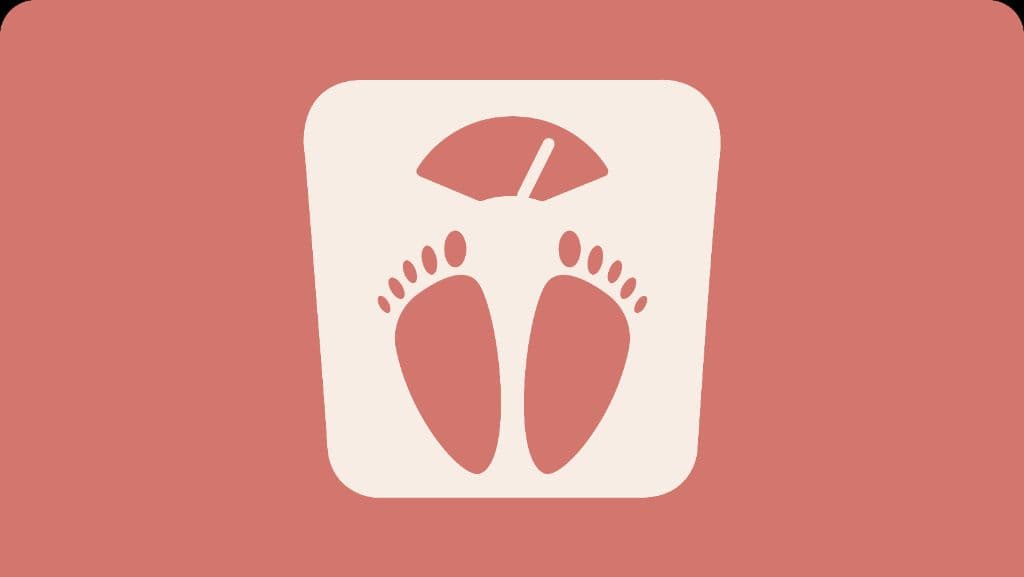What is a weight-loss plateau?
Being stuck at a weight-loss plateau may be something that every individual who attempts to lose weight may encounter in their weight loss journey.
When people start following a diet and exercise plan, they may lose weight at a consistent rate in the beginning. Sometimes, this weight loss journey can encounter a roadblock wherein their weight remains unchanged regardless of dietary changes and exercise.
Specialists are uncertain why weight loss plateaus happen; however, a few theories include:
- the body adjusts to weight loss and guards itself against additional weight loss
- the metabolism slows down if a person loses weight rapidly
- people quit following their diets following a couple of months
Adhering to a prohibitive or low-calorie diet plan each day can be testing. Little, oblivious fluctuations in every day calories can cause early weight loss plateaus.

What are some ways to break the weight loss plateau?
The challenge of weight loss plateaus can be unimaginably baffling. it can also occur if you let old habits creep once more into your daily schedule.
If these fluctuations continue for a month—or your weight loss goes to a total stop—here's the way you can resume your journey :
Exercise more often or increase the intensity
- Boosting up your exercise routine may help reverse a weight loss plateau because, tragically, your metabolic rate slows down as you lose weight.
- Different types of physical activities have additionally been shown to ensure against a metabolic slowdown, including aerobic exercise and extreme cardio exercise (HIIT).
- If you've been working out already, doing it for additional 1–2 days of the week or increasing the intensity of your workouts may help boost your metabolic rate.
Scale Back on Carbs
- Decreasing your carb intake may help get your weight going the correct way again when you feel hopelessly slowed down.
- In any case, exceptionally low-carb diets have reliably shown to reduce hunger and encourage feelings of fullness more than different diets.
- Moreover, they cause your body to produce ketones, which reduce appetite. This may lead you to unknowingly eat less, making it simpler to start shedding pounds again without hunger or uneasiness.
Manage Stress Effectively
- Stress increases your body's creation of cortisol along with promoting comfort eating and triggering food cravings.
- Cortisol is known as the "stress hormone." While it assists your body with responding to stress, it can also increase belly fat storage.
- It might appear like you have little control over the stress in your life, however figuring out how to manage stress can help encourage weight loss.
Reduce Alcohol Consumption
- Many people have more than one drink at a time, which provides no nutritional value.
- Alcohol tends to relax inhibitions, which may lead you to overeat or choose the wrong foods. If your weight loss has stalled, you should avoid alcohol or only consume it occasionally in small amounts.
Try not to Skimp on Protein
- To start with, protein boosts metabolic rate more than fat or carbohydrates.
- This has to do with the thermic effect of food (TEF), or the increase in metabolism that happens because of the digestion of food.
- Protein digestion boosts calorie burning faster than fat or carbs.
- Secondly, keeping a high protein intake can help protect against the loss of muscle mass and a drop in metabolic rate, the two of which normally happen during weight loss.
Include More Fiber In Your Diet
- Including more soluble fibre in your diet may help you break through a weight-loss plateau since soluble fibre easily dissolves in water or liquid.
- It slows down the pace of food through your digestive tract, which can help your stomach feel full.
- It may also lead to weight loss by decreasing the number of calories absorbed from other foods.
Try Intermittent Fasting
- Intermittent fasting involves going for long periods (typically between 12-16 hours) of time without eating.
- It is said to promote the loss of body fat and weight, in addition to other health benefits.
- Fasting on alternate days is a form of intermittent fasting in which people alternate between eating very few calories on one day and more calories on the next.
Drink Water or Caffeine
- Water can boost metabolism by 22–30% for 1.5 hours after drinking about 500-ml water. This may lead to weight loss over time, especially in those who consume water before meals since this practice reduces the food intake.
- Coffee and tea contain caffeine, which has been shown to increase fat burning and boost metabolic rate by up to 12%.
Sleep Well
- Sleep is extremely important for good mental, emotional and physical health.
- Not getting enough sleep can lead to weight gain as it lowers your metabolic rate and alters hormone levels to drive appetite and fat storage. Not getting enough sleep may contribute to stalling weight loss.
Keep Yourself Active
- Although working out is important, other activities like changing posture, fidgeting, etc. (also known as non-exercise activity thermogenesis, or NEAT) lead to an increased metabolic rate.
- An easy way to increase your NEAT is by standing up more frequently, taking the stairs, moving around every once in a while and using a standing desk.
Include Vegetables in Every Meal
- Most vegetables are low in calories and carbs, high in fibre, and loaded with beneficial nutrients.
- It is easy to add a side of cooked or raw greens, tomatoes, or other veggies at any meal, including breakfast.
Don’t Rely on the Scale Alone
- The scale might not accurately reflect your weight-loss progress, sometimes. Say, if you work out regularly, you may end up building muscle, which is denser than fat. In that case, if the scale weight isn’t moving, you could be maintaining a stable weight while building muscle and losing fat
- So, instead of focusing only on the number on the scale, scrutinize how you feel from within and how your clothing fits, every month. This helps keep yourself motivated when your weight loss seems to have stalled.
Final Words
Consult your health expert in case your efforts to break the weight loss plateau don’t work. While breaking the plateau takes time and continuous attention towards diet and physical exercise, it is always encouraging to appreciate the small goals you reach during the process.
Also, it is important to realize that breaking a weight loss plateau may not be a "quick fix" for weight loss but with the right guidance, you can try to be as healthy as you can with the body you have.
Disclaimer: This information is educational and should not be construed as medical advice. Please consult your doctor before making any dietary changes or adding supplements.
Proactive For Her is a digital clinic for women, offering accessible, personalised, and confidential healthcare solutions. We offer out-patient care, diagnostic services and programs for various health concerns of Indian women, across their lifetime - from puberty to pregnancy to menopause.

